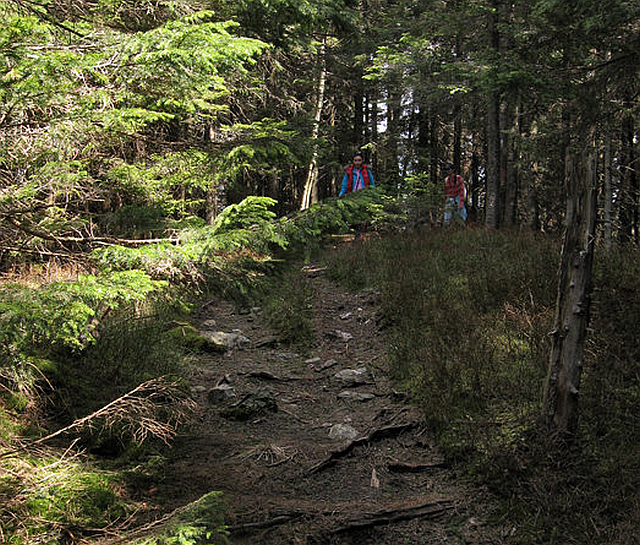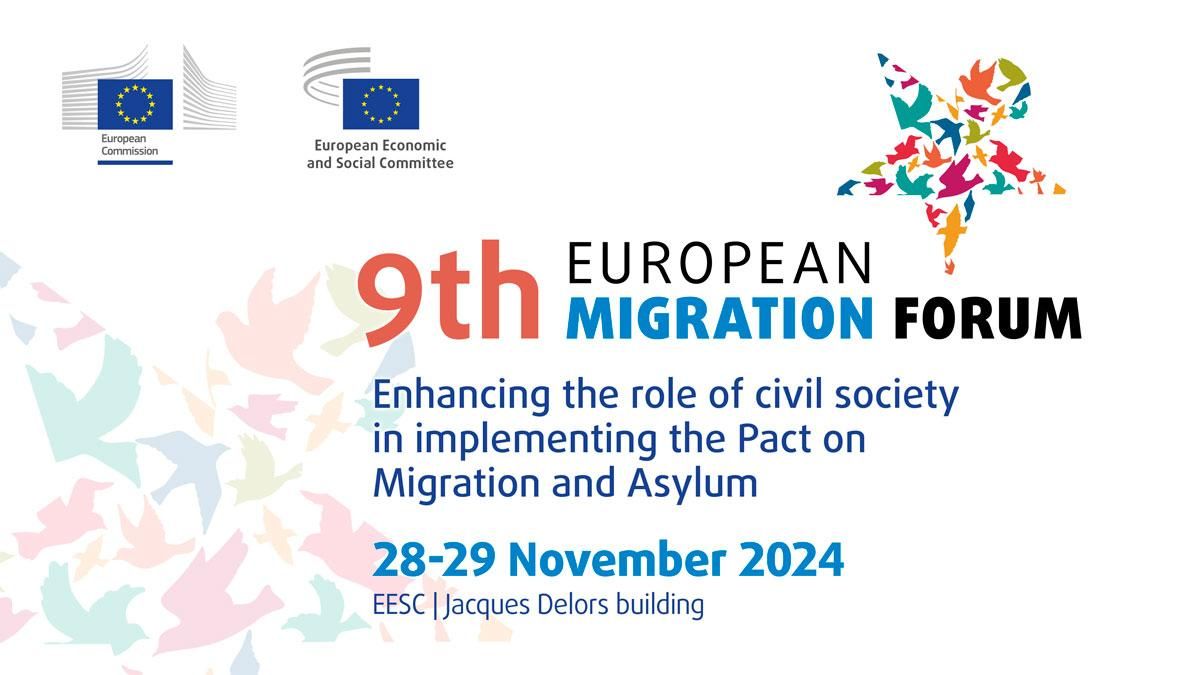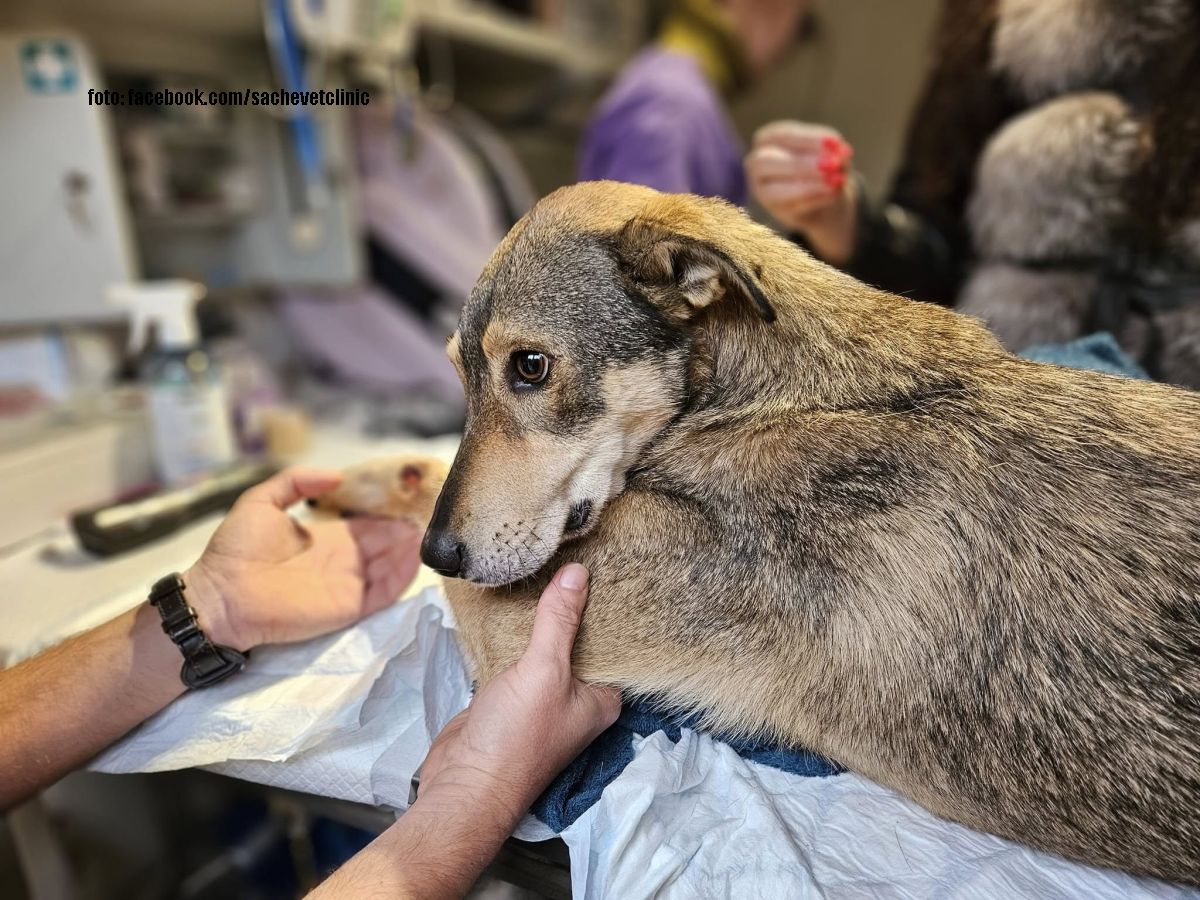Volunteering to Save the Forests
A source of not only fresh air and biodiversity, but also jobs, the forest currently covers only 27% of Romanias territory, which is 6.4 million hectares.

România Internațional, 07.05.2014, 13:12
A source of not only fresh air and biodiversity, but also jobs, the forest currently covers only 27% of Romania’s territory, which is 6.4 million hectares. The Romsilva National Forestry Authority owns half of them, and the rest is private property. Restrictions regarding the exploitation of forests, if provided by law, are hardly observed, according to Alin Useriu Ulhman, president of the “Taşuleasa Social” NGO. He says that cutting forests has reached a dramatic level in the past years.
Alin Useriu Ulhman: “I think that never in the history of Romania the abuse of forests has been that dramatic. Our association carries out its activities in the middle of the Carpathian Mountains, but, unfortunately, since there is no coherent plan for the 850 thousand mountain households, the only that is actually being implemented is plundering for profit. There are many who do that, and they are helped by the very people who are supposed to guard the forest. So, from this point of view we are in a very bad situation. And this abuse has been going on for 25 years now.”
Massive deforestation has been an alarm signal for several NGOs, who are now trying to remedy the situation using specific means, such as lobbying, protest meetings and afforestation projects. World Wide Fund has also drawn attention to the importance of forest preservation. Csibi Magor, the head of World Wide Fund Romania believes that deforestation in the past years has occurred not necessarily because of the bad law, but because of the way in which the law has been applied.
Csibi Magor: “The Romanian legislation on forests and the principles underlying the current Forestry Code are quite good actually. Thanks to them we still have natural forests and a wide variety of flora and fauna. The fact that the Forestry Code is not observed or its regulations are applied improperly is another thing. And this is not only the responsibility of the Ministry of Forests but also of the Ministry of Justice. With 95% of the cases of forest crimes still unsolved, it’s no use talking about fighting corruption in this field.”
Another problem is that in Romania the opportunities provided by the EU are not sufficiently capitalized on. For instance, under the Common Agricultural Policy, more precisely the European Rural Development Fund, member states may benefit from funding for afforestation, ecosystem preservation and rural development projects. Csibi Magor again:
Csibi Magor: “There are EU funds for forests, but this does not necessarily mean that such funds are drawn by Romania. For instance, I believe that with regard to rural development, Romania badly negotiated before its 2007 EU accession, because forests were not included in the rural development fund. We were about to make the same mistake for the 2014-2020 budget framework and to have another seven years without money for forests. Fortunately forest owners came to Bucharest and protested, we supported them and eventually the Ministry of Agriculture promised to include forests in the new Rural Development Plan.”
Civil protests and social engagement seem to part of the solution to this problem, at least until authorities decide to get more involved. Established in 2001, “Taşuleasa Social” has been operating only thanks to its volunteers, who have planted dozens of thousands of saplings, especially in Transylvania, but also on the outskirts of Bucharest. “Volunteer work is not perceived right in Romania. Anyway, this is something that you cannot explain, you just have to feel it. Doing something for your fellow citizens means, first and foremost, doing your duty as a human being” believes Alin Useriu Uhlman, who, making use of his power of persuasion, has managed to mobilize thousands of volunteers for afforestation works. As for how large the afforested area is, Alin Useriu says it’s not enough:
Alin Useriu Uhlman: “We have only managed to cover 115 hectares, with the help of over 5 thousand young people. Unfortunately, this is about the area that is being deforested every year in Romania. But we cannot just sit and wait, and do nothing about it. Romanian forest is a European asset, not just a Romanian one. That is why I keep saying that wood is not the property of those who exploit it, but everybody’s property. Unfortunately, people who are supposed to say “no” to such abuses do not react as they should. “
Social engagement is vital and it must continue, especially now that a new Forestry Code is being debated in the Romanian Parliament. Here is again Csibi Magor, head of World Wide Fund Romania.
Csibi Magor : “Social engagement can make all the difference. The first draft of the Forestry Code stipulated full freedom as regards tree cutting. But we intervened and we asked all World Wide Fund supporters to text message MPs and even to call them and explain to them that this is not the future that citizens wish for themselves. What happened was that 9 MPs withdrew their signatures from the draft law. Then, another 4 drafts were sent back to the parliament commission and today we have a version draw up based on consultations with civil society. This version, however, it’s still stuck in Parliament. The idea is that the least we could do was to stop that initial draft from passing, and we must keep putting this kind of pressure.”
So, civil engagement and volunteering are just two ways of correcting some negative situations, not only deforestation but also other social issues.






























